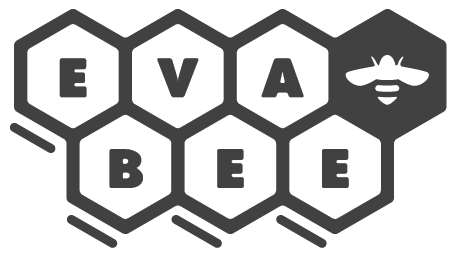Hi there,
I've been reading The Plant Paradox by Dr. Gundry as recommended by my Functional Medicine Doctor. It breaks down the science of leaky gut (yes, its a thing) caused by compounds in plants (and the animals that eat them) called Lectins. I know, another buzz word that will likely be on packages one day and annoy people who are apprehensive to diet fads but I think this book and the way nutrition science is broken down is definitely worth the read.
It's hard for me to write a complete synopsis of the book in this post but the author developed a lectin free cleanse that is in 3 stages for those experiencing inflammation-based issues and diseases. I'm apprehensive about writing about what the cleanse entails because I don't want to trigger a potential source of anxiety in people regarding food choices and limiting them. I highly recommend reading the science that talks about lectins and how they can impact the immune system. Either way, the stages are as follows:
1) Basically eat wild caught fish, pasture raised chicken and green leafy vegetables, avocado and anything in the allium family along with olive, avocado and/or coconut oil, any vinegar or citrus juice and seasoning. Pretty simple and sounds pretty tasty as I write it out. The biggest challenge here for me was having such low energy levels because of it. He is really adament about keeping protein levels down, which I'm not convinced works best for my body, but I tried it anyway. I also went off the keto train so I think my body was moving back into ketosis which leads some people to fatigue. This stage lasts 3 days.
2) The second stage (which I'm now on) is a 6 week cleanse of all lectin containing foods. Lectins are present in legumes which aren't properly prepared (think, soaking, fermenting and/or pressure cooking them), grains (all of them), nightshade vegetables as well as cucumber and zucchini (which need to be peeled and deseeded). Meat sourcing is also incredibly important. I knew already that grain-fed animals aren’t the ideal because farmed beef, chicken and fish become ill since this is off their natural diet of grass, insects and whatever fish eat. What I didn’t know though is that the lectins in grains end up in the meat of the animals which can affect humans (according to this book).
3) The last stage is just trying lectin containing foods again but properly prepared.
I was also happy to read that the author spoke about environmental issues and chemicals that enter our bodies which has, according to his research (he’s a heart surgeon by the way), also contribute to this huge surge in diabetes, allergies, etc.
I was.. shocked not necessarily by what I read about, but how much it reminded me of what I had already learned from studying environmental science. In school I learned about fundamental chemistry, compounds and how they interact with the environment. I knew (past tense because I really need a refresher if I'm to be any sort of authority on the matter) how certain compounds like Sodium Laurel Sulphate, BPA in canned goods, other plastics, nitrogen inputs in the soil and pesticides all harmed bacterial diversity, altered carbon-based compounds in the body, etc.
I'm not sure where the turning point was for me, but after learning this back in the day, I went from being super careful to avoid using plastic, buying new products (which off-gassed these chemical fumes), eating organic and supporting local agriculture to really not paying as much attention. I can list off a bunch of reasons, some very personal, a lot to do with my mental and physical energy, lack of self care, wanting to be 'cool' and 'normal' and a gluttonous no fucks given chef making an endless array of decadent food. I was also worried about the APPEARANCE of being too dogmatic and not relating enough to people, potential collaborators and customers (ahem - also TV producers who would give me money).
I've touched upon this before, but the biggest take-home message I get from reading a book like this is that traditionally prepared foods (like peeling and deseeding tomatoes for tomato sauce and deseeding and fermenting hot peppers for hot sauce) is something that used to be the norm for preparing these vegetables. Eating like this at home has added easily another 3-4 hours of grocery shopping and preparation but as I get used to where I can buy what and what recipes I can make I'm sure that time will go down.
Buying and cooking food like this is reconnecting me to my convictions and ethics. It's not cool and it's different than what our doctors, advertisers and government has told us. Yes, I have to adapt certain menu options when I go out to eat and I don't want to eat fast food (though I do have cravings for sure). I'm THAT person now (again). Officially. I (think) I want to eat whatever I feel like whenever with reckless abandon. I want to buy cheap food and cheap plastic furniture and things I need. Yes, I do need to save money but I just can't lie to myself anymore. Not only am I seeing physical and mental health benefits (not just from this but there are other areas of my life I am giving extra attention to) but I’m feeling like I’m a part of something bigger.
I feel like since I’m nearing the end of this cleanse, I want to start gathering up some key podcasts and books that have helped my self-education. Please let me know if you have any questions regarding my health journey! I’d love to do a Q&A post in a month or so.





